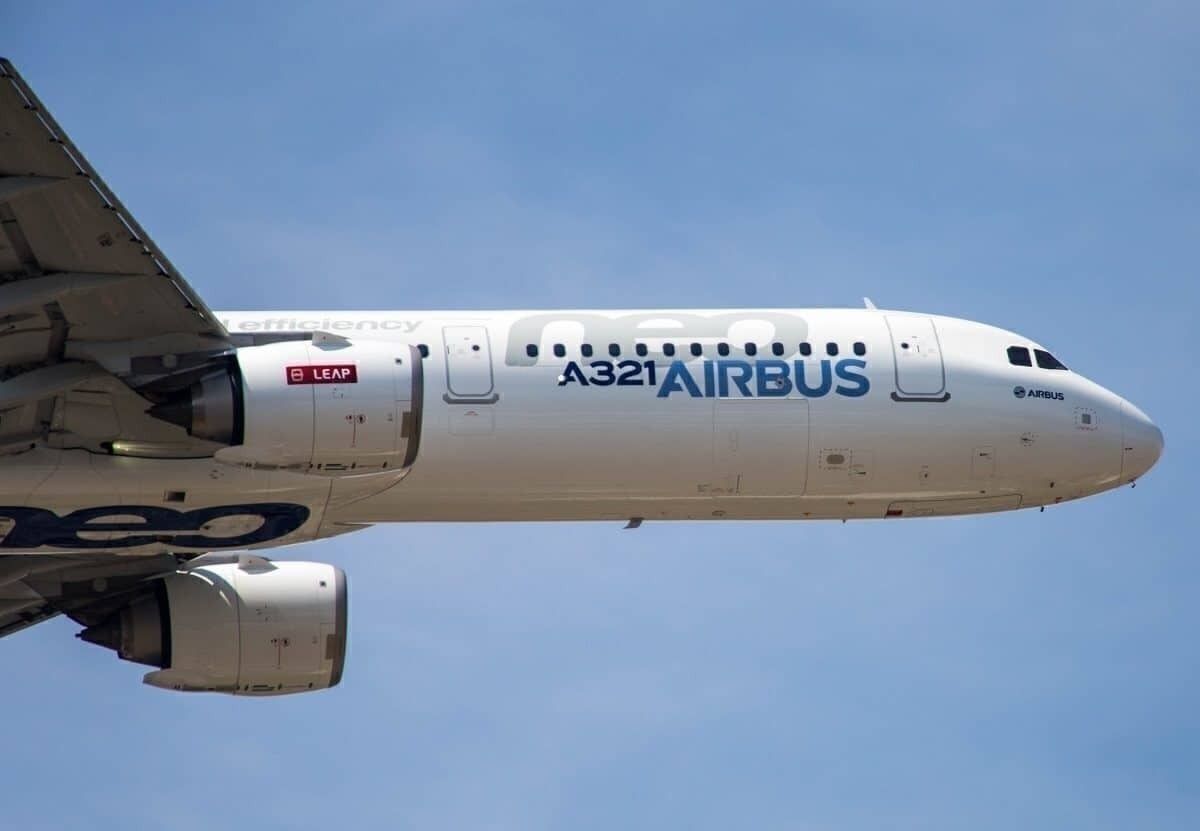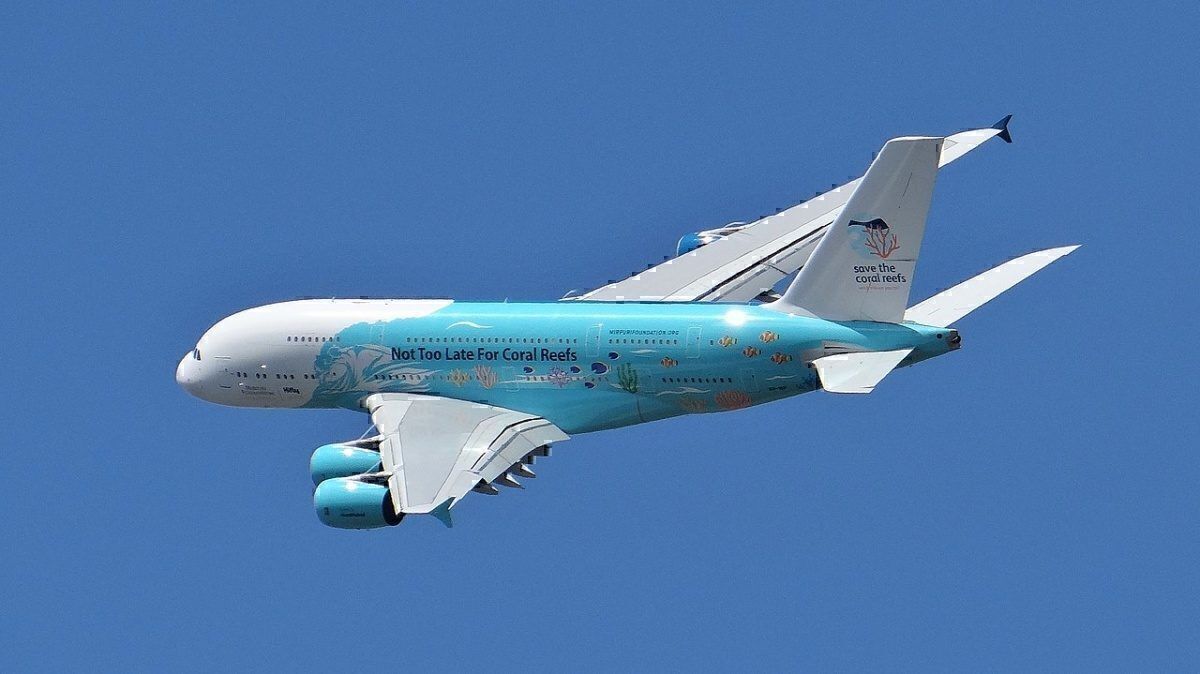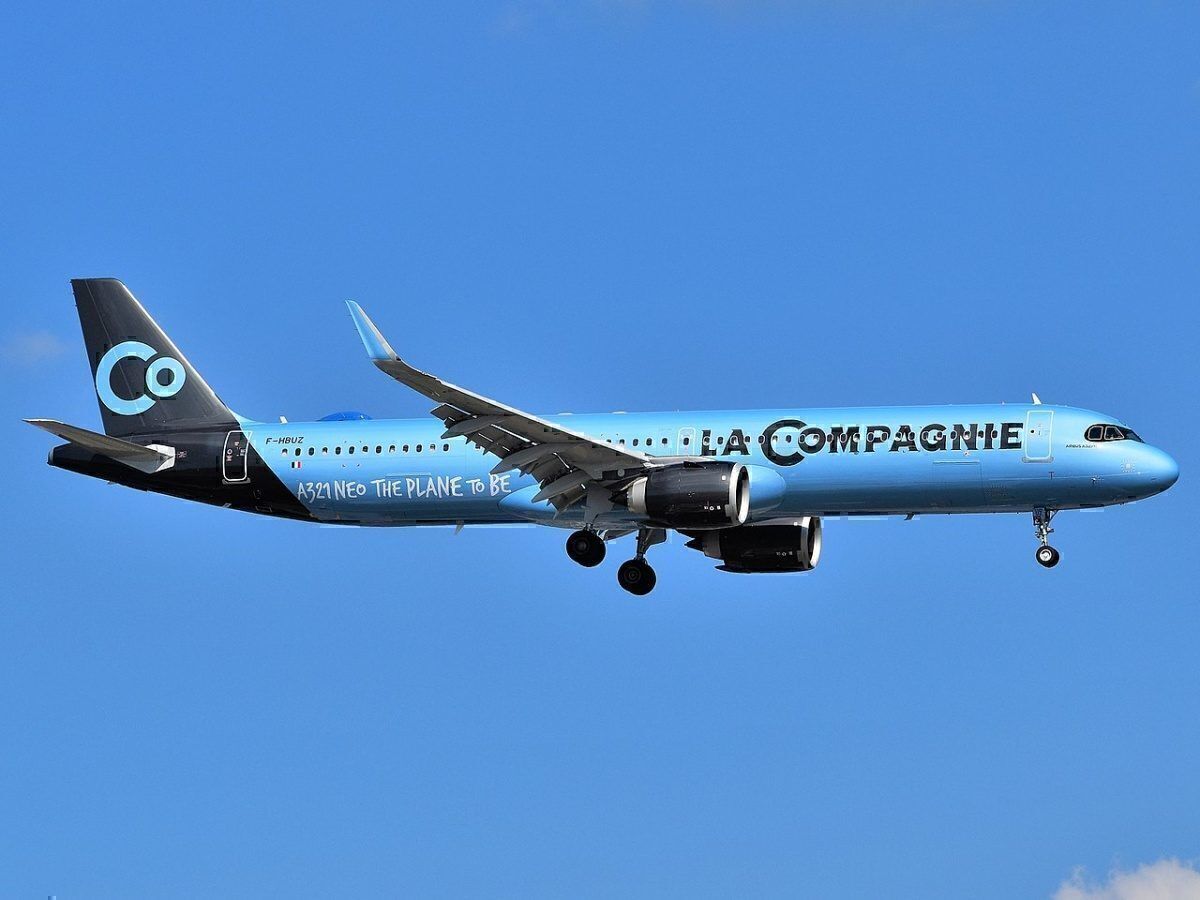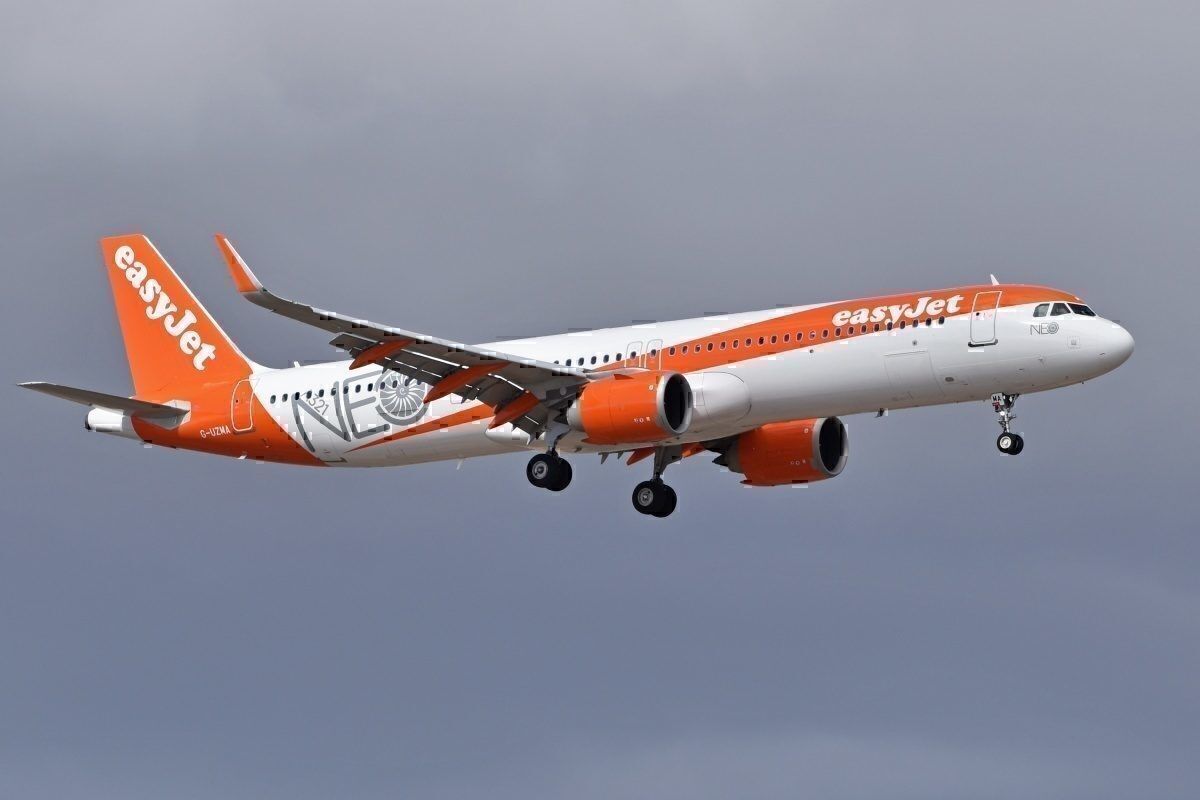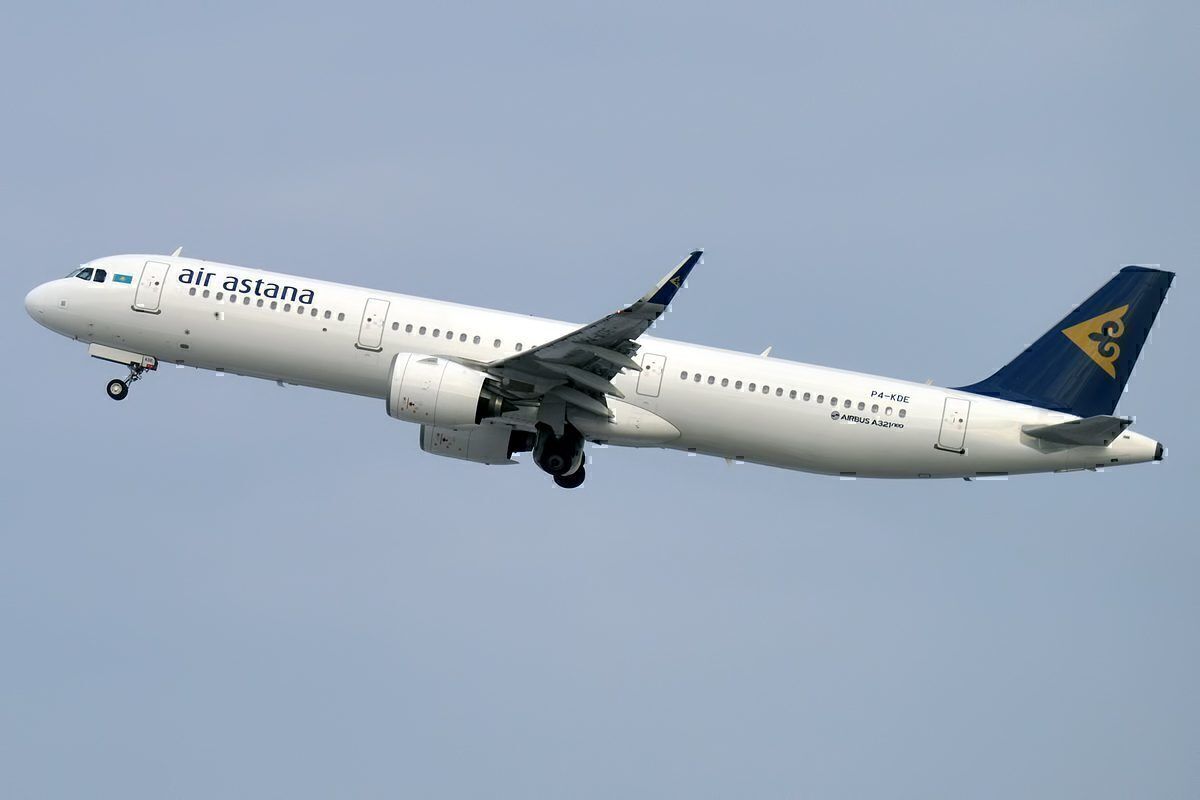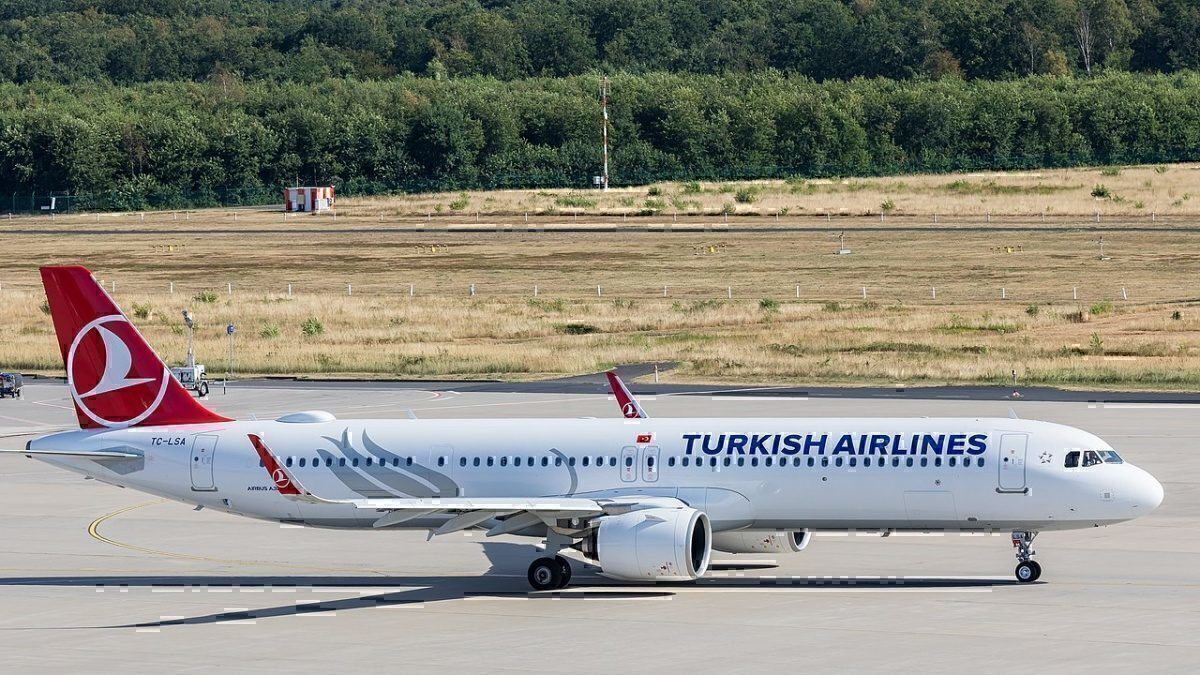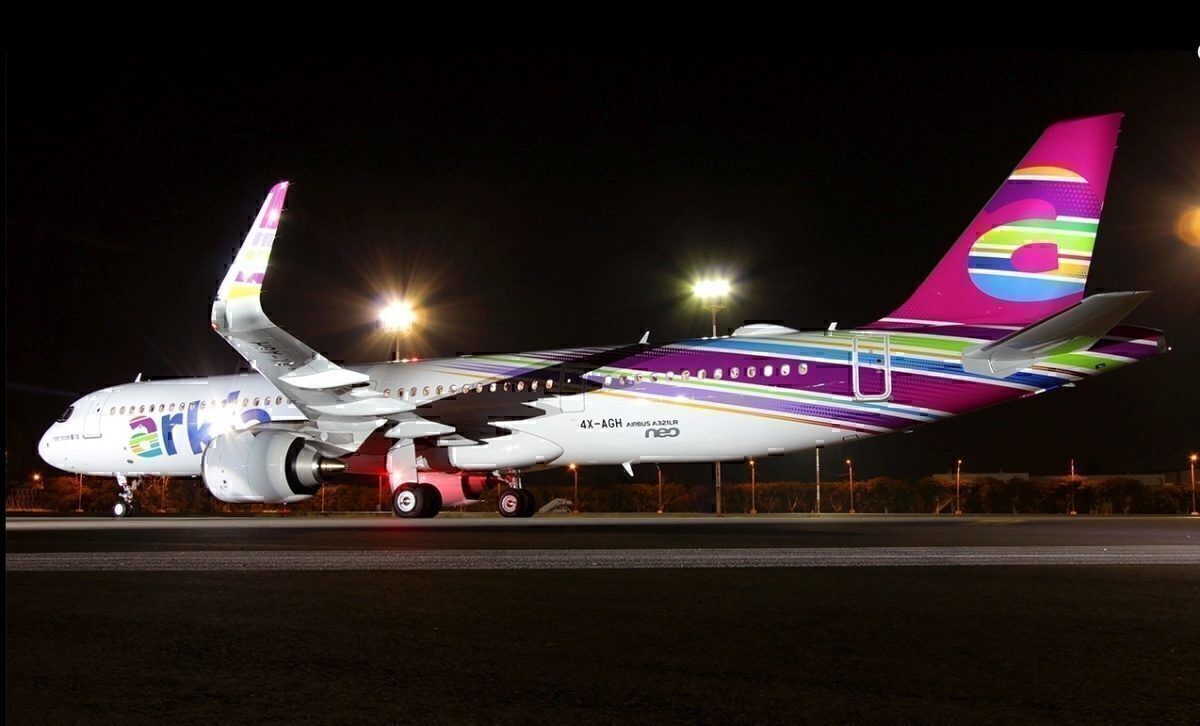With the A321 selling like hotcakes, Airbus is poised to increase the variant's share in the A320 family production output. Although no decisions have been made on how, or where, to increase the A321's share, some see shifting production to Toulouse as a frontrunning option. Here, we explore the context surrounding Airbus' production needs, and look to the A320's manufacturing facilitates for answers.
The demise of the A380: production surplus in Toulouse?
The Airbus A380 is, without a doubt, a marvel of engineering. That said, however, the production of the type was based on the premise that airlines wanted, and needed, a high capacity aircraft for hub-to-hub services.
Unfortunately for Airbus, that premise was challenged by increased point-to-point services. Many of these have been fulfilled by smaller, highly-efficient, aircraft such as the 787.
Perhaps Airbus' foundational premise for the A380 was flawed, or perhaps the company was ahead of its time. Nonetheless, interest in the A380 and other large aircraft dwindled. This eventually led Airbus to announce the end of the type's production.
With the final production of the A380 expected in 2021, Airbus' manufacturing sites across Spain, Germany, the UK, and notably, Toulouse, France, might see excess output capacity in the years to come.
Increased demand in the A321 has tipped the scales
Rather paradoxically, the very same factors which led to the A380's fall have, arguably, been a blessing for the A321. That is, increased demand for small, efficient, medium- to long-range aircraft.
At this year's Le Bourget, Airbus stole the show with the introduction of the A321XLR, gaining 250 commitments for the sub-type. The variant, which has a range of 4,700NM, and can accommodate up to 200 passengers, is joined by the ceo, neo and LR sub-types.
Together, all A321neo variants - the neo proper, LR, and XLR - have amassed 2,686 orders as of June 2019. Given that Airbus delivered 193 units, the A321neo has a backlog of 2,493 aircraft.
While the A321ceo has a negligible backlog of 61 aircraft, the A320neo, with 3,914 orders, has a backlog of 3,238 units.
Taken all together, two facts are evident. Firstly, Airbus has a significant A320neo family backlog of 5,731 units. And secondly, the A321neo constitutes 43% of that number.
A321 is difficult to assemble, putting a strain on Hamburg
While business is good for Airbus, the manufacturer may be facing challenges in meeting production quotas. Indeed, the A321neo, with its ancillary options, are challenging to assemble; customers have complained about delivery delays.
Aside from meeting great demand, one of the major challenges facing Airbus' Hamburg site, where the A321 is assembled, is the Airbus Cabin Flex (ACF) version of the sub-type.
Contrary to the standard four-door A321 ceo/neo versions, ACF option removes the second door and adds over-wing exits to increase maximum passenger capacity.
Although the ACF option has been popular airlines such as Turkish, the added engineering challenges, combined with the complexities of offering numerous versions of the A321, has put a strain on output.
Could Airbus build the A321 in Toulouse?
Given the extensive A321 demand, the existing challenges facing the type's production in Hamburg, and the excess production capacity Toulouse may have after 2021, the French site could alleviate a lot of the pressures facing the A321's production.
Indeed, Airbus' COO, Micheal Schöllhorn has said:
“Airbus regularly reviews its industrial set-up, to ensure building aircraft in the most efficient and competitive way. Following the strong market response for the A321, we target more production flexibility, supporting Hamburg which currently takes the strain of the A321 and ACF (Airbus cabin flex) ramp up. We see a need to adapt our assembly capacity to reflect our richer A321 mix within the A320 family from 2022 onwards. ”
Additionally, Airbus' Head of Media Relations, Stefan Schffrath, told Simple Flying that,
"Toulouse is the current frontrunner option to meet necessary competitiveness requirements as early as 2022, prioritizing site efficiency, flexibility, lead time and cost".
It should also be noted that decentralizing an aircraft model's production would be nothing new for the European manufacturer.
Take, the A320, for example. While the largest assembly facility is in Hamburg, sites in Mobile, Alabama and in Tianjin, China, also take care of final assembly for their domestic markets.
Thus, Airbus could very well add some A321 production in Toulouse, in the same way that the company redistributed the A320's production. Like the A320, however, Hamburg is likely to remain the most important assembly facility for the A321.
What do you think of the A321's growth? Do you think Airbus should shift some of the A321's production to Toulouse? Should the company ramp up the type's production? Let us know in the comments.

